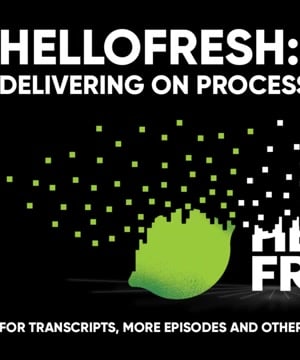Organizational power
Sources:
Organizational power can be understood and leveraged in various ways, depending on the context and goals of the organization. Here are some key insights from different experts:
-
Leveraging Organizational Skills as a Strength:
- describes his journey to developing "world class" organizational skills as an unintended result of trying to optimize and be frugal. He emphasizes that organization emerged as a vital skill out of necessity and practice, rather than formal education 1.
-
Effect of Organization on Society and Economy:
- , a political scientist, stresses the importance of having open access to organizations, which he links to economic innovation and growth. In societies where such access is limited, economic and civil progress is stunted 2.
-
Organizational Power in Leadership:
- , an expert in organizational psychology, explores the dynamics of power within organizations, particularly between leaders and employees. She focuses on why some leaders may hesitate to share power, often due to a threat to their own authority or identity 3.
-
Scaling an Organization with Right Culture and Mechanisms:
- emphasizes the importance of fostering a culture of continuous improvement and data-driven decision making in organizations reliant on process power. He asserts that the right organizational culture and mechanisms are crucial for sustainable growth 4.
-
Company and Power Dynamics:
- Ann Miura-Ko discusses scaling a company by focusing on establishing a scalable business model, defining cultural values, and managing organizational debt, which she terms as "company power" 5.
These discussions indicate that organizational power is not just about commanding control but also involves fostering an environment that encourages innovation, open access, cultural coherence, and strategic leadership.
RELATED QUESTIONS-

